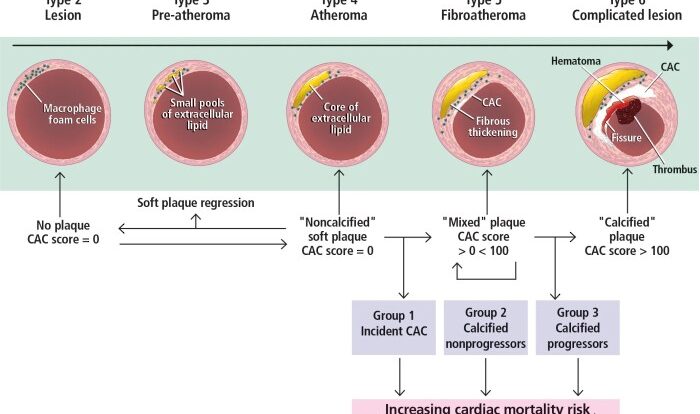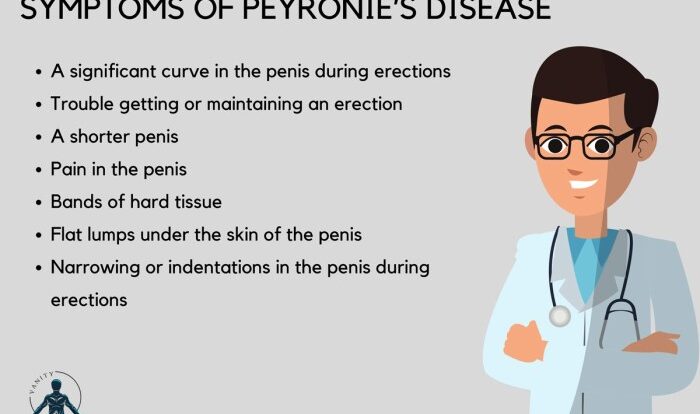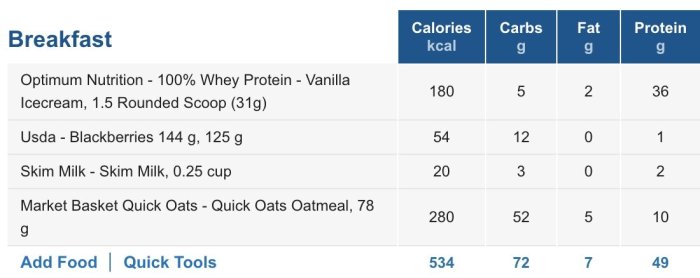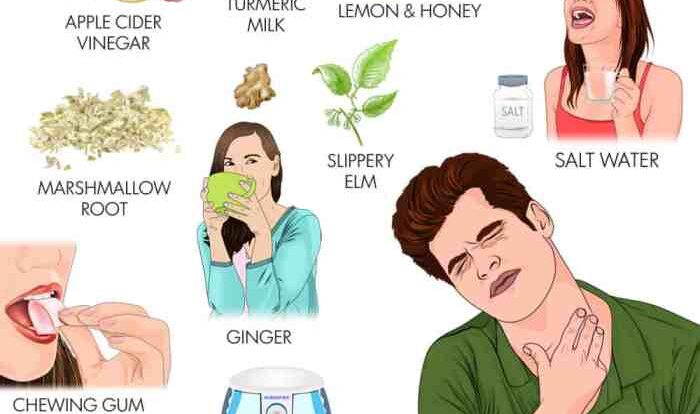Summer nutrition tips for active seniors are essential for maintaining energy levels, staying hydrated, and promoting overall well-being during the warmer months. This guide provides comprehensive advice on how to nourish your body and optimize your health as an active senior during the summer season.
From hydration essentials to nutrient-rich foods, summer-friendly meal planning, and heat-related health concerns, this article covers everything you need to know to stay healthy and active throughout the summer.
Hydration Essentials for Active Seniors
Maintaining proper hydration is crucial for active seniors during summer activities. Dehydration can lead to fatigue, dizziness, and even more severe health issues. Here’s why hydration is essential and how to stay hydrated throughout the day.
For active seniors, staying hydrated during the summer is essential. As we age, our bodies become less efficient at regulating fluids, so it’s crucial to drink plenty of fluids throughout the day. Signs of dehydration in elderly include fatigue, dizziness, and muscle cramps.
Click here to learn more about the signs of dehydration in elderly. In addition to drinking plenty of fluids, active seniors should also eat plenty of fruits and vegetables, which are packed with water and electrolytes. By following these tips, active seniors can stay healthy and hydrated all summer long.
As we age, our bodies become less efficient at retaining water. This, coupled with increased activity levels during summer, makes it essential for seniors to prioritize hydration. Dehydration can impair physical and cognitive function, increase the risk of heatstroke, and worsen chronic conditions like diabetes and heart disease.
Active seniors should prioritize their nutrition during summer to maintain energy levels and prevent dehydration. Adequate fluid intake is crucial, and a guide to the best fluids for seniors in summer can provide valuable insights. Remember, staying hydrated is essential for overall well-being, so incorporate these tips into your summer nutrition plan to enjoy a healthy and active season.
Tips for Staying Hydrated
- Start the day hydrated:Drink a glass of water or electrolyte-rich beverage upon waking.
- Drink fluids regularly:Sip on water, sports drinks, or electrolyte solutions throughout the day, even if you don’t feel thirsty.
- Carry a water bottle:Keep a reusable water bottle with you at all times to encourage frequent sipping.
- Eat water-rich foods:Incorporate fruits and vegetables like watermelon, cucumbers, and spinach into your diet.
Hydrating Beverages and Foods
In addition to water, consider the following hydrating beverages and foods:
- Sports drinks:These provide electrolytes and carbohydrates, making them ideal for replenishing fluids and energy during exercise.
- Electrolyte solutions:These are available in tablet or powder form and can be added to water to enhance hydration.
- Fruit juices:While not as hydrating as water, fruit juices can provide additional nutrients and electrolytes.
- Watermelon:This fruit is over 90% water and is a great way to hydrate and cool down.
- Cucumbers:Cucumbers are also high in water content and can be eaten raw, juiced, or added to salads.
By following these tips and incorporating hydrating beverages and foods into your diet, you can ensure proper hydration and maintain optimal health during summer activities.
Nutrient-Rich Foods for Energy and Recovery
During the summer months, active seniors have specific nutritional needs to maintain their energy levels and support recovery from physical activity. A balanced diet rich in essential nutrients is crucial for optimal health and well-being.
Essential Nutrients for Active Seniors in Summer
Essential nutrients for active seniors during summer include:
- Carbohydrates: Provide energy for physical activity.
- Protein: Supports muscle repair and recovery.
- Hydration: Essential for regulating body temperature and preventing dehydration.
- Electrolytes(sodium, potassium, chloride): Replenish minerals lost through sweat.
- Antioxidants(vitamins C and E): Protect cells from damage caused by free radicals.
Nutrient-Rich Foods for Energy and Recovery
Incorporating nutrient-rich foods into your diet can help meet these nutritional needs. Consider the following:
- Fruits: Rich in carbohydrates, vitamins, minerals, and antioxidants. Examples include berries, citrus fruits, melons, and peaches.
- Vegetables: Provide carbohydrates, fiber, vitamins, minerals, and antioxidants. Examples include leafy greens, tomatoes, cucumbers, and bell peppers.
- Whole grains: Excellent source of carbohydrates, fiber, and B vitamins. Examples include brown rice, quinoa, and oatmeal.
- Lean protein: Supports muscle recovery and repair. Examples include fish, chicken, beans, and tofu.
- Dairy products: Provide protein, calcium, and vitamin D. Examples include milk, yogurt, and cheese.
Comparison of Summer Fruits and Vegetables
The following table compares the nutritional value of common summer fruits and vegetables:| Fruit/Vegetable | Calories | Carbohydrates (g) | Protein (g) | Fiber (g) ||—|—|—|—|—|| Strawberries | 56 | 12 | 1 | 3 || Blueberries | 83 | 21 | 1 | 4 || Watermelon | 46 | 11 | 1 | 1 || Cantaloupe | 54 | 13 | 1 | 1 || Tomatoes | 22 | 5 | 1 | 2 || Cucumbers | 16 | 4 | 1 | 1 || Bell peppers | 30 | 6 | 1 | 3 || Spinach | 7 | 1 | 1 | 2 |By incorporating these nutrient-rich foods into your diet, you can support your energy levels, enhance recovery from physical activity, and maintain overall well-being during the summer months.
Summer-Friendly Meal Planning
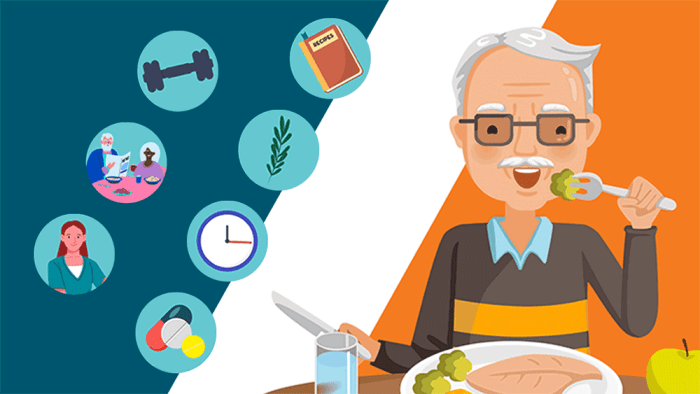
Planning and preparing summer meals can be challenging, especially for active seniors. However, with a little creativity and planning, it is possible to create nutritious and refreshing meals that will help you stay energized and hydrated throughout the summer months.
Here are a few tips for summer-friendly meal planning:
- Choose light and refreshing foods.Avoid heavy, greasy foods that will weigh you down and make you feel sluggish. Instead, opt for lighter fare, such as salads, sandwiches, and grilled chicken or fish.
- Incorporate plenty of fruits and vegetables.Fruits and vegetables are packed with vitamins, minerals, and antioxidants that are essential for good health. They are also a good source of hydration, which is important during the summer months.
- Make sure to get enough protein.Protein is essential for building and repairing muscle tissue. It can also help you feel full and satisfied, which can help you avoid overeating.
- Stay hydrated.Dehydration is a common problem during the summer months, especially for active seniors. Make sure to drink plenty of fluids, such as water, sports drinks, or electrolyte-rich beverages.
Sample Summer-Inspired Recipes
Here are a few sample summer-inspired recipes that are perfect for active seniors:
- Grilled Chicken Salad with Summer Vegetables
- Tuna Salad Sandwich on Whole-Wheat Bread
- Fruit Salad with Yogurt and Granola
- Smoothies made with fresh fruits and vegetables
Sample Meal Plan
Here is a sample meal plan that includes a variety of nutrient-dense foods:
| Breakfast | Lunch | Dinner |
|---|---|---|
| Yogurt with fruit and granola | Grilled chicken salad with summer vegetables | Grilled salmon with roasted vegetables |
| Oatmeal with berries and nuts | Tuna salad sandwich on whole-wheat bread | Pasta with marinara sauce and grilled chicken |
| Fruit smoothie | Fruit salad with yogurt and granola | Grilled steak with baked potato and green beans |
Heat-Related Health Concerns and Nutrition
As active seniors, it’s crucial to be aware of the health risks associated with heat exposure. High temperatures can lead to dehydration, heat cramps, heat exhaustion, and even heat stroke, which can be life-threatening. Nutrition plays a vital role in mitigating these risks by ensuring adequate hydration and electrolyte balance.
Electrolyte Balance
Electrolytes are minerals that help regulate fluid balance and nerve and muscle function. During exercise or exposure to heat, we lose electrolytes through sweat. Maintaining electrolyte balance is essential for preventing dehydration and ensuring proper bodily functions.
- Sodium:Regulates fluid balance and blood pressure.
- Potassium:Supports muscle function and nerve transmission.
- Chloride:Maintains fluid balance and supports digestion.
- Calcium:Essential for bone health and muscle function.
- Magnesium:Supports muscle and nerve function, and regulates blood sugar levels.
Supplements and Considerations for Active Seniors: Summer Nutrition Tips For Active Seniors
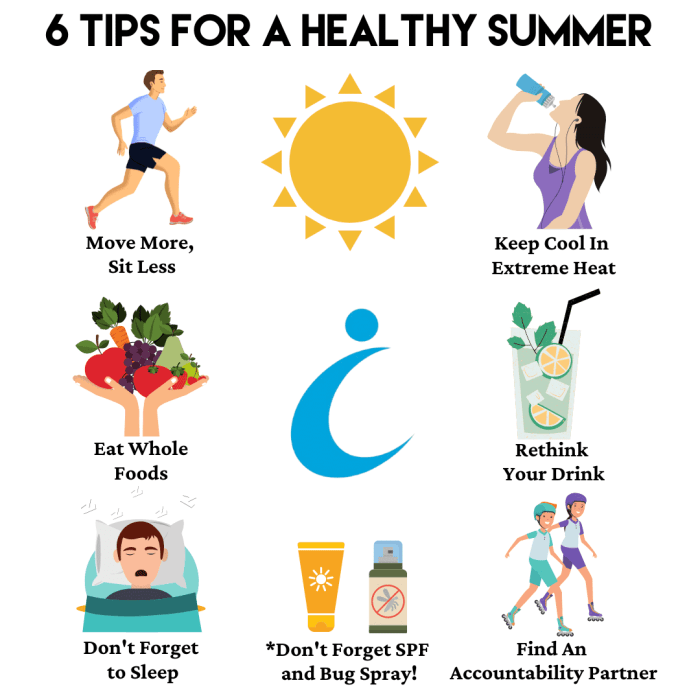
Maintaining optimal health and nutrition during summer is crucial for active seniors. While a balanced diet provides essential nutrients, supplements can complement nutritional needs and support physical performance. However, it’s essential to use supplements wisely, considering potential benefits and risks.
Supplements for Active Seniors
Certain supplements may be beneficial for active seniors during summer, including:
- Electrolyte drinks:Replenish electrolytes lost through sweat, especially during intense exercise or heat exposure.
- Calcium and vitamin D:Support bone health, which is vital for maintaining mobility and preventing falls.
- Vitamin B12:Essential for energy production and red blood cell formation, which can be compromised in older adults.
- Omega-3 fatty acids:Support heart health and reduce inflammation, promoting overall well-being.
Potential Benefits and Risks
Supplements can provide additional nutrients and support specific health goals. However, it’s important to note that not all supplements are created equal. Some may have limited scientific evidence or potential side effects.
Staying active during the summer months is important for seniors, but it’s also essential to manage chronic health conditions in hot weather. Check out our tips for managing chronic health conditions in hot weather for seniors . As an active senior, it’s important to adjust your summer nutrition to support your active lifestyle and maintain overall well-being.
- Benefits:Supplements can enhance nutrient intake, improve performance, and support overall health when used appropriately.
- Risks:Certain supplements can interact with medications, have excessive dosages, or cause adverse reactions in some individuals.
Guidelines for Safe and Effective Supplement Use, Summer nutrition tips for active seniors
To ensure safe and effective supplement use, follow these guidelines:
- Consult a healthcare professional before taking any supplements.
- Choose high-quality supplements from reputable manufacturers.
- Follow the recommended dosage and usage instructions carefully.
- Be aware of potential interactions with medications or other supplements.
- Inform your doctor about all supplements you are taking.
By adhering to these guidelines, active seniors can optimize their health and well-being during summer through informed supplement use.
Epilogue
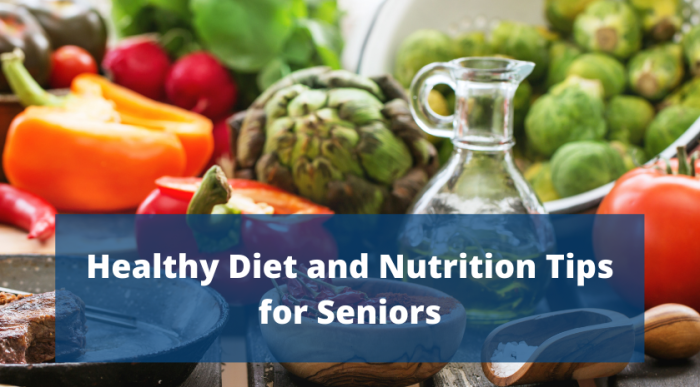
By following these summer nutrition tips, active seniors can stay energized, hydrated, and healthy during the warmer months. Remember to prioritize hydration, consume nutrient-rich foods, plan summer-friendly meals, and be mindful of heat-related health concerns. With proper nutrition, active seniors can continue to enjoy their favorite activities and maintain their well-being throughout the summer season.
Answers to Common Questions
What are the most important hydration tips for active seniors during summer?
Stay hydrated by drinking plenty of fluids throughout the day, even before feeling thirsty. Choose water, electrolyte-rich sports drinks, or fruit-infused water over sugary beverages.
What types of nutrient-rich foods should active seniors focus on during summer?
Include fruits, vegetables, lean protein, and whole grains in your diet. These foods provide essential vitamins, minerals, and antioxidants that support energy levels and recovery.
How can active seniors plan summer-friendly meals that are both nutritious and refreshing?
Opt for light and refreshing meals such as salads, grilled fish or chicken, and fruit-based desserts. Avoid heavy or fried foods that can weigh you down in the heat.
What are some heat-related health concerns that active seniors should be aware of during summer?
Heat exhaustion, heat cramps, and heatstroke are potential risks for seniors in hot weather. Stay hydrated, avoid strenuous activity during peak heat hours, and wear loose, breathable clothing.
